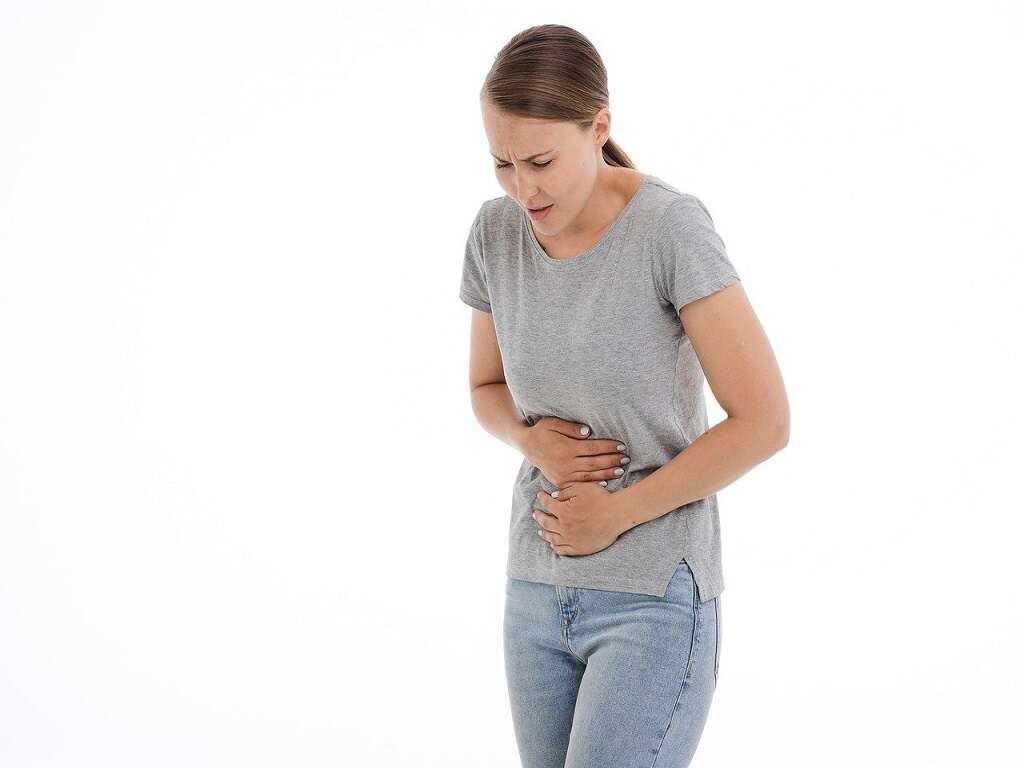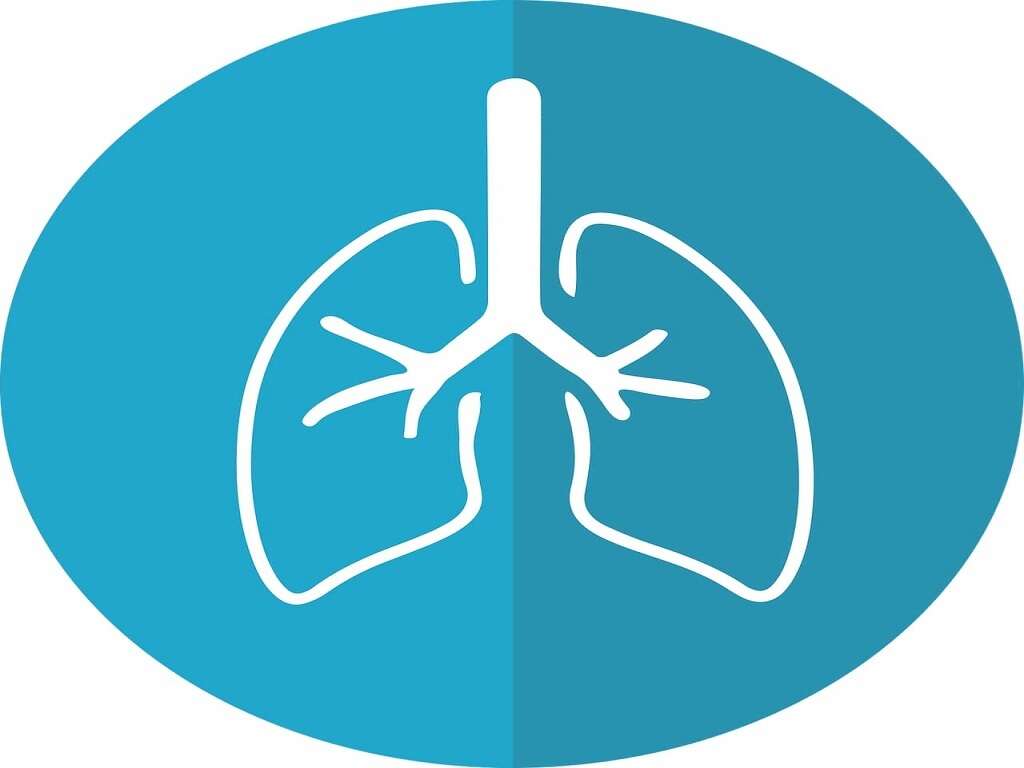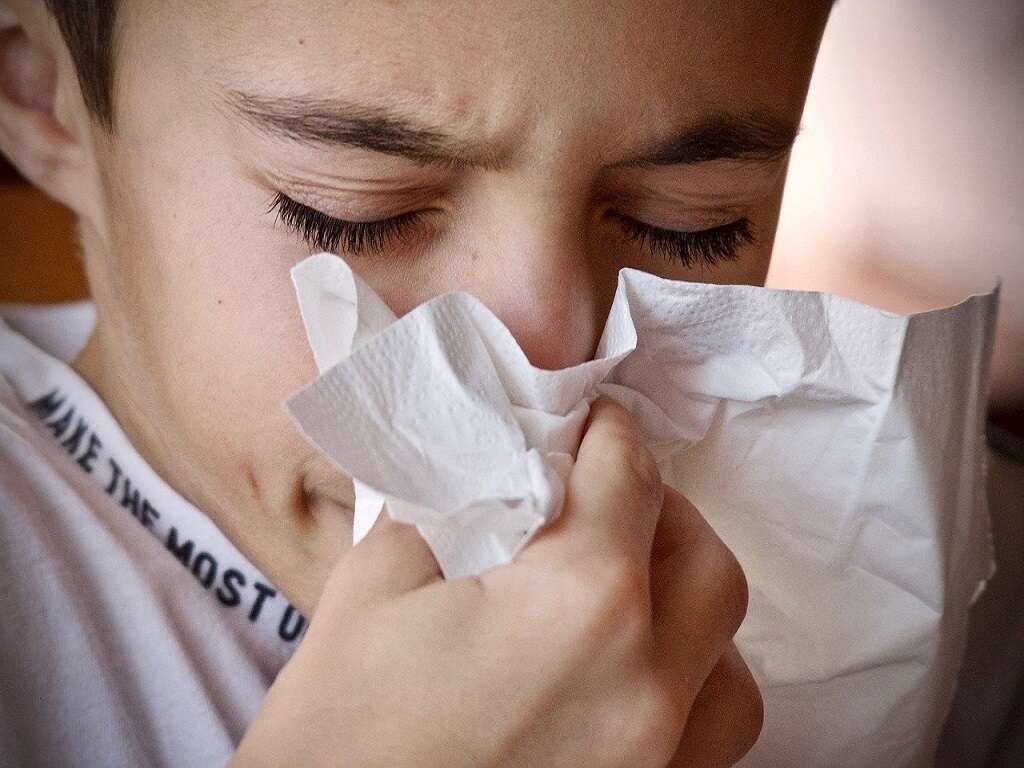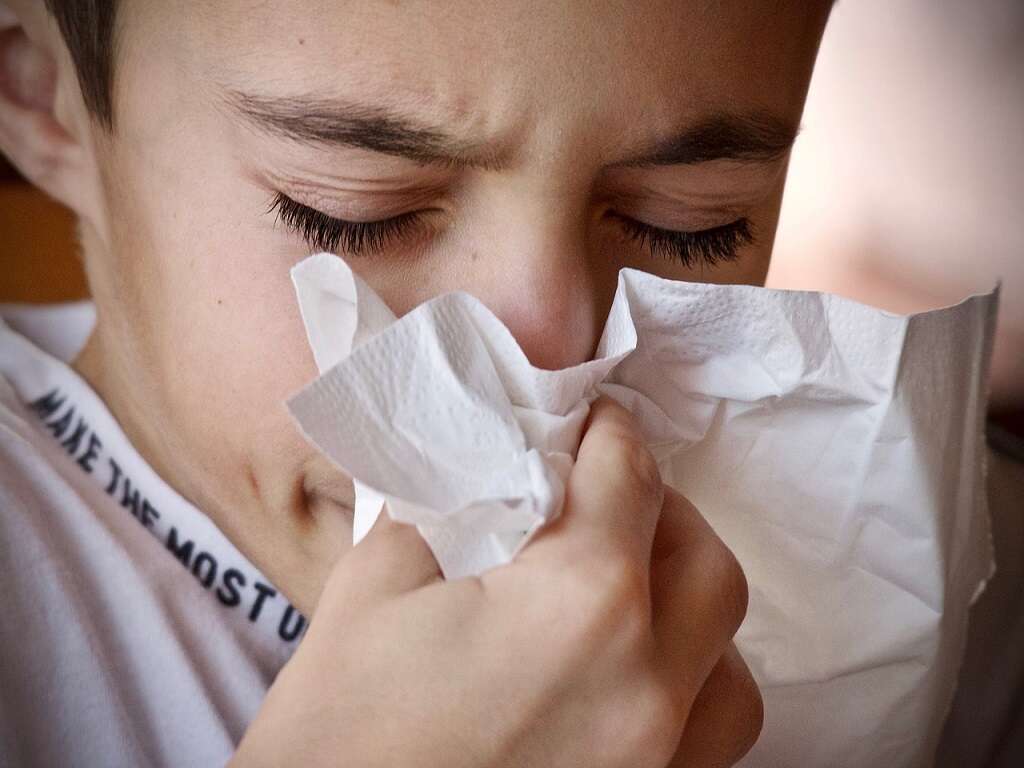10 Stomach Bug Symptoms
 Article Sources
Article Sources
- 1. 'Gastroenteritis (Stomach Flu).' Gastrointestinal Society, 17 Mar. 2020, badgut.org/information-centre/a-z-digestive-topics/gastroenteritis/.
- 2. 'Stomach Flu (Gastroenteritis): Symptoms, Causes & Diagnosis.' Cleveland Clinic, my.clevelandclinic.org/health/diseases/12418-gastroenteritis.
- 3. 'Viral Gastroenteritis (Stomach Flu).' Mayo Clinic, Mayo Foundation for Medical Education and Research, 16 Oct. 2018, www.mayoclinic.org/diseases-conditions/viral-gastroenteritis/diagnosis-treatment/drc-20378852.
- 4. JM;, Blau JN;Kell CA;Sperling. 'Water-Deprivation Headache: a New Headache with Two Variants.' Headache, U.S. National Library of Medicine, pubmed.ncbi.nlm.nih.gov/14979888/.
- 5. 'Sleep & Immunity: Can a Lack of Sleep Make You Sick?' Sleep Foundation, 19 Nov. 2020, www.sleepfoundation.org/physical-health/how-sleep-affects-immunity.
- 6. 'Fever.' Mayo Clinic, Mayo Foundation for Medical Education and Research, 13 May 2020, www.mayoclinic.org/diseases-conditions/fever/symptoms-causes/syc-20352759.
Stomach bugs, also known as stomach flu, can present a variety of symptoms, some of which are easily self-diagnosed. The dreaded and uncomfortable stomach bug is medically known as viral gastroenteritis. A stomach bug is different from foodborne illnesses. Food poisoning typically presents within four to six hours of ingesting bacteria-laden food, while symptoms of a stomach bug generally appear within two to three days of exposure to the virus.
Most people recover without complications, but for some, a stomach bug can be life-threatening. Medication cannot cure a stomach bug, so it’s advisable to treat each symptom accordingly.1‘Gastroenteritis (Stomach Flu).’ Gastrointestinal Society, 17 Mar. 2020, badgut.org/information-centre/a-z-digestive-topics/gastroenteritis/.
1. Abdominal Pain and Cramps
A stomach bug is usually a virus, affecting the stomach and intestines. When the virus attacks, these organs typically go into spasm while they attempt to fight the attacker. Affected individuals can expect to feel stabs of pain and cramps in the colon area, coupled with gurgling sounds. Abdominal pain and cramps tend to be very localized.
Individuals are encouraged to consult their physician for over-the-counter pain relief medication to ease cramps and pain. Alternatively, a deep massage of the area, a heat pad and rest can help aid recovery.
2. Nausea
Feeling queasy is a common sign that something is awry with the digestive system. Most cases of stomach bugs share this telltale symptom. Individuals frequently experience cold sweats and weakness together with nausea.
Nausea can quickly transition into vomiting, so individuals should rest until the discomfort has passed. Many people find that home remedies, such as drinking ginger or mint tea, can settle nausea. It’s important to increase fluid intake to keep hydrated.

3. Diarrhea
Diarrhea is the most common sign of a stomach bug. Abnormally frequent trips to the bathroom accompanied by pain and cramping could indicate a stomach bug. Not everyone experiences diarrhea as a symptom, but it’s a primary indicator.
A stomach bug normally attacks the gut cells and makes the reabsorption of water difficult.2‘Stomach Flu (Gastroenteritis): Symptoms, Causes & Diagnosis.’ Cleveland Clinic, my.clevelandclinic.org/health/diseases/12418-gastroenteritis. This results in stools becoming foul-smelling and watery. A physician can prescribe something to help with persistent pain and loose bowel movements.
4. Vomiting
Vomiting is yet another stomach bug symptom. Urgent medical attention might be required in cases of severe vomiting, especially if a fever is involved. It’s extremely easy to dehydrate during prolonged episodes of vomiting.
The stomach needs to settle after bouts of vomiting, so food and solids shouldn’t be consumed. To keep energy levels up and to stay hydrated, individuals should suck ice chips and sip slowly on healthy drinks.2‘Stomach Flu (Gastroenteritis): Symptoms, Causes & Diagnosis.’ Cleveland Clinic, my.clevelandclinic.org/health/diseases/12418-gastroenteritis.

5. Body Aches and Chills
The onset of a stomach bug can mimic flu-like symptoms, which can be confusing. Stomach bugs caused by a virus often start with body aches and chills, which can be mistaken for the flu. Body aches generally go hand-in-hand with other features of gastroenteritis.
People who’ve had a stomach bug may experience skin that’s sensitive, clammy and prickly to the touch. Characteristics of chills include shivering, cold sweats and pale skin. To combat these symptoms, individuals should drink water, get some rest and avoid overheating.
6. Headache
A headache associated with a stomach bug is often caused by water-deprivation and electrolyte imbalances.3‘Viral Gastroenteritis (Stomach Flu).’ Mayo Clinic, Mayo Foundation for Medical Education and Research, 16 Oct. 2018, www.mayoclinic.org/diseases-conditions/viral-gastroenteritis/diagnosis-treatment/drc-20378852. Mild dehydration happens regularly with people who have a stomach bug. Additionally, the body’s healthy bacteria is thrown off balance, which can lead to an overall feeling of being run down.
To prevent headaches, individuals should replace lost electrolytes with decaffeinated sports drinks and increase water intake. As long as there’s no vomiting, eating small bites of bland food can help increase energy levels.

7. Feeling Bloated
Abdominal bloating is one of the more uncomfortable symptoms of a stomach bug. Sometimes the stomach region can bloat because of excess gas, which can cause a lot of pain. There is generally only relief when passing a stool.
If the delicate gut flora is disturbed because of bacterial overgrowth, it can take a while to restore the balance. Bloating is one of the lingering after-effects of stomach flu. To eliminate bloating, drink fluids and eat moderate portions of healthy food.
8. Fatigue
The human body puts its energy into fighting gut bacteria and viruses, which leaves little reserves for much else. As a result, those with stomach bugs routinely feel a sense of malaise.
Feeling fatigued is the body’s way of encouraging sleep and rest. Sleeping gives the body time to heal and rejuvenate. When the human body sleeps it produces much-needed T-cells to fight disease. There is a big link between physical health and sleep.4JM;, Blau JN;Kell CA;Sperling. ‘Water-Deprivation Headache: a New Headache with Two Variants.’ Headache, U.S. National Library of Medicine, pubmed.ncbi.nlm.nih.gov/14979888/.

9. Low-Grade Fever
A gastro virus might cause a low-grade fever, one of the initial symptoms of a stomach bug. Fever tends to accompany chills and body aches but is generally short-lived. Urgent medical care should be considered if there’s a rapid increase in body temperature that exceeds 103°F.5‘Sleep & Immunity: Can a Lack of Sleep Make You Sick?’ Sleep Foundation, 19 Nov. 2020, www.sleepfoundation.org/physical-health/how-sleep-affects-immunity.
The fever needs to run its course while the body fights the infection. During this time it’s vital not to put any physical stress on the body.
10. Loss of Appetite
Logically, people experiencing symptoms of a stomach bug will have a decrease in appetite. Sudden appetite loss combined with nausea is a warning sign from the body. If the thought of food makes someone feel sick to the stomach, it could be a stomach bug.
Food can provide the much-needed sustenance to support the body’s immune system. Healthy foods can help increase energy levels and aid in the fight against a stomach bug.










